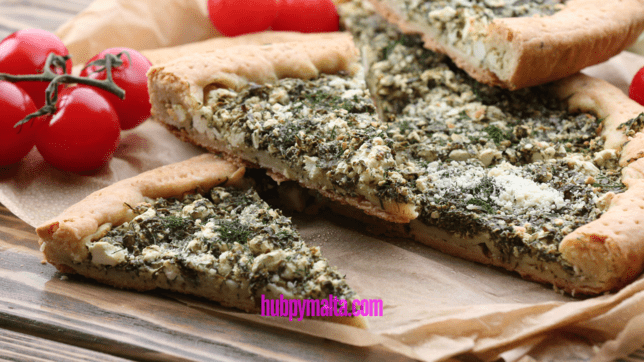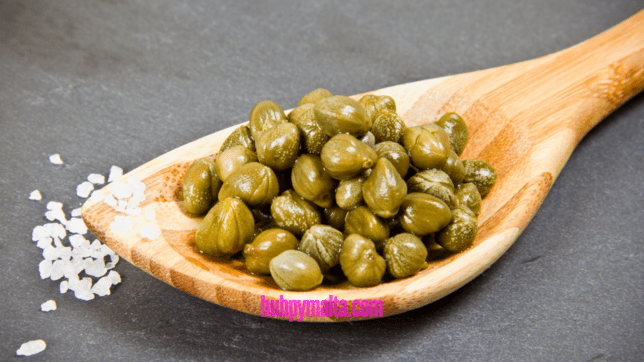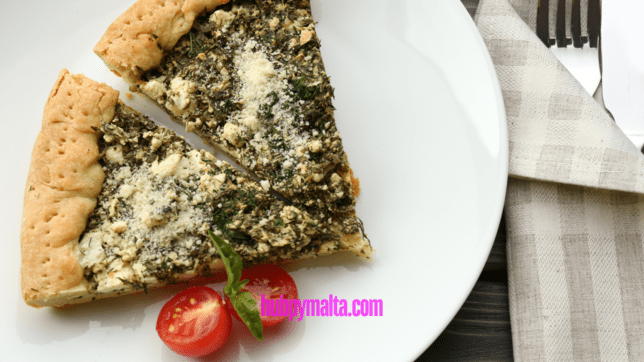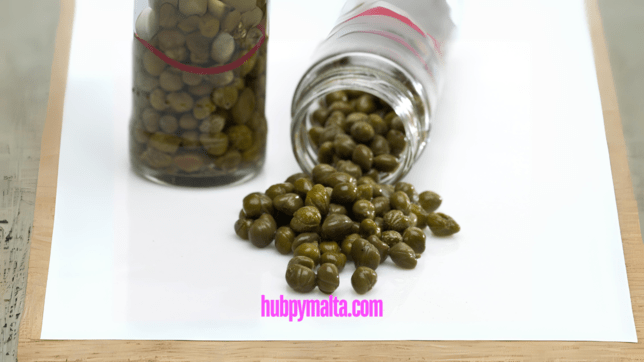








Exploring the Culinary Significance of Capers in Maltese Cuisine
Introduction
Capers, the small, green, pickled flower buds, are a staple in many Mediterranean dishes, adding a burst of tangy flavor that enhances the overall taste of a meal. In Maltese cuisine, capers play a particularly vital role, infusing traditional recipes with their distinctive zing. This article delves into the significance of capers in Maltese cooking, exploring their uses, cultural importance, and the unique touch they bring to various dishes.
What Are Capers?
Capers are the immature flower buds of the Capparis spinosa plant, commonly found in the Mediterranean region. They are typically pickled in brine or packed in salt, which helps preserve their intense flavor. The brining process imparts a salty, tangy taste, making capers a versatile ingredient in both cooking and garnishing.
Historical Significance of Capers in Malta
Ancient Roots
The use of capers in Maltese cuisine dates back to ancient times. Malta’s strategic location in the Mediterranean has made it a melting pot of various culinary influences, with capers being a constant presence. Their long shelf life and robust flavor made them a valuable ingredient for preserving food in the island’s hot climate.
Cultural Heritage
Capers are deeply embedded in Malta’s culinary traditions. They are often harvested from wild bushes growing on the island’s rocky terrain. This local practice not only connects the Maltese people to their land but also to their history, as capers have been a part of their diet for centuries.
Common Uses of Capers in Maltese Cuisine
Capers in Appetizers
Bigilla
Bigilla is a traditional Maltese dip made from mashed broad beans, garlic, and herbs, often garnished with capers. The addition of capers provides a delightful contrast to the creamy texture of the beans, adding a burst of flavor that enhances the overall taste.
Capers in Main Dishes
Lampuki Pie
Lampuki, or dorado fish, is a popular catch in Maltese waters. One of the most beloved dishes is Lampuki pie, a savory pastry filled with fish, tomatoes, onions, spinach, and, of course, capers. The capers add a tangy note that complements the richness of the fish and vegetables.
Kapunata
Similar to the French ratatouille, Kapunata is a Maltese vegetable stew made with tomatoes, eggplant, bell peppers, and capers. This dish showcases the versatility of capers, as they provide a unique, salty flavor that balances the sweetness of the tomatoes and the earthiness of the other vegetables.
Capers in Salads
Maltese Potato Salad
Maltese potato salad often includes boiled potatoes, green beans, olives, and capers, all tossed in a zesty vinaigrette. The capers’ sharp flavor cuts through the creamy potatoes, creating a harmonious blend of tastes and textures.
Capers in Sauces
Aljotta
Aljotta is a traditional Maltese fish soup made with fresh fish, tomatoes, garlic, and herbs. Capers are frequently added to the broth, infusing the soup with their distinctive flavor and enhancing the taste of the fish.
Health Benefits of Capers
Nutritional Value
Capers are low in calories but rich in vitamins and minerals, including vitamin K, vitamin A, and iron. They also contain antioxidants, which help protect the body against damage from free radicals.
Digestive Health
The high fiber content in capers aids in digestion, while their anti-inflammatory properties can help reduce symptoms of digestive discomfort.
Anti-Inflammatory Properties
Capers contain compounds like flavonoids and polyphenols that have anti-inflammatory effects, which can be beneficial for reducing inflammation in the body.
Harvesting and Preserving Capers
Harvesting
Capers are typically harvested by hand, a labor-intensive process that involves picking the buds before they bloom into flowers. The best time to harvest capers is in the early morning when the buds are tightly closed.
Preserving
Once harvested, capers are either packed in salt or pickled in brine. The pickling process not only preserves the capers but also enhances their flavor. When using capers in recipes, it’s important to rinse them to remove excess salt and brine.
Cooking Tips for Using Capers
Rinsing Capers
Before adding capers to your dishes, rinse them under cold water to remove excess salt or brine. This helps to mellow their strong flavor and ensures they blend well with other ingredients.
Balancing Flavors
Capers can be quite potent, so it’s important to use them sparingly. A little goes a long way in adding that distinctive tangy note to your dishes. Pair them with ingredients that complement their flavor, such as tomatoes, olives, and lemon.
Incorporating Capers in Various Dishes
From salads and sauces to meat and fish dishes, capers can be incorporated into a wide range of recipes. Experiment with adding capers to your favorite dishes to discover new flavor combinations.
FAQs
How do you store capers?
Capers should be stored in their original brine or salt in the refrigerator. They can last for several months if kept properly sealed.
Can you eat capers raw?
Yes, capers can be eaten raw, although they are typically pickled. Rinse them to remove excess salt before eating or using in recipes.
Are capers healthy?
Yes, capers are low in calories and rich in vitamins, minerals, and antioxidants. They also have anti-inflammatory properties.
How are capers used in Maltese cuisine?
Capers are used in a variety of Maltese dishes, including appetizers like Bigilla, main dishes like Lampuki pie and Kapunata, salads, and sauces like Aljotta.
What do capers taste like?
Capers have a unique flavor that is salty, tangy, and slightly bitter. The pickling process enhances their distinctive taste.
Can you substitute capers in recipes?
If you don’t have capers, you can use green olives or pickled green peppercorns as a substitute, though the flavor will be slightly different.
Final Thoughts…
Capers are a small but mighty ingredient in Maltese cuisine, offering a burst of flavor that enhances a variety of dishes. From traditional appetizers and main courses to salads and sauces, capers bring a unique tangy taste that is deeply rooted in Malta’s culinary heritage. Whether you’re an experienced cook or new to Maltese cuisine, experimenting with capers can add an exciting dimension to your cooking. So next time you’re preparing a Mediterranean-inspired meal, don’t forget to include these delightful little buds.



